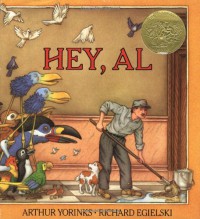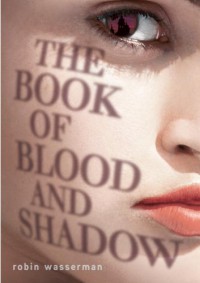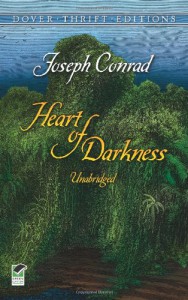A Book to Read Should You Ever Feel Too Happy

For a while I hesitated if I should turn on the spoiler alert marker for this post. But then again, the plot is given away in the title, right?
What surprises me, though, is that The Last Man is not more popular in this era of the post-apocalyptic, everybody-dies-of-something-or-other-in-the-nick-of-time narrative revival.
But back to the plot. The Last Man is about a guy named Verney. His father lost his position at the royal court of England, then died in obscurity, leaving behind a son, Lionel Verney, and a daughter, Perdita Verney, penniless and hopeless. However, due to some luck and a bromance between Lionel and the king’s son Adrian, Verneys get financial help and a high social status in England. Lionel Verney also gets to marry Adrian’s sister Idris. Then an outbreak of plague happens, and everyone starts dying in graphic and troubling ways.
It’s a great book. Lionel Verney is a narrator in the vein of Victor Frankenstein. Very eloquent and sophisticated, he tells us the truth. Yes, he hurt Perdita, which ultimately led to her death, but he did it for her own good. Yes, he indirectly killed Idris, but it wasn’t his fault she froze in a blizzard after he told her to stay in a cold carriage. I mean who would have imagined people freeze to death like this?
One detail about The Last Man charms me in particular, though. Other texts about humankind’s extinction-type woes that were available to Mary Shelley like for example, Lord Byron’s poem “Darkness,” Daniel Defoe’s A Journal of the Plague Year, or Boccaccio’s The Decameron either do not mention what becomes of animals in those tough time (The Decameron) or show animals dying alongside the people. In fact, A Journal of the Plague Year particularly mentions pigs as carriers of the disease. But in The Last Man, animals are fine. People are dying in droves, and animals are like “Good riddance.” And of course, Mary Shelley being Mary Shelley gives the most brilliant explanation for this at the end of the novel.
 12
12

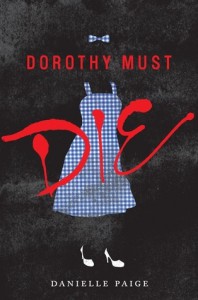
 Yves Saint Laurent’s Paris duplex
Yves Saint Laurent’s Paris duplex 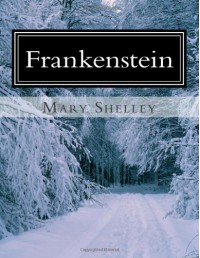
 10
10
